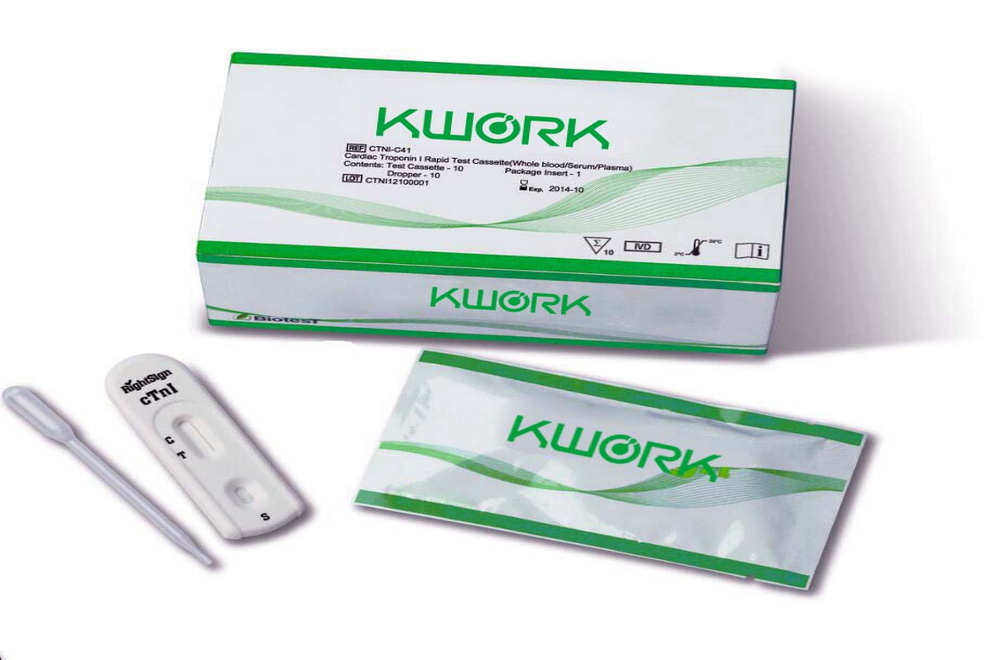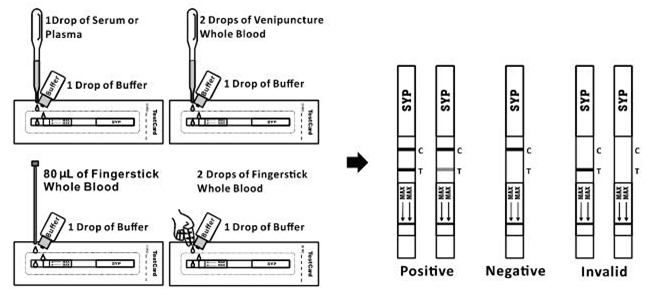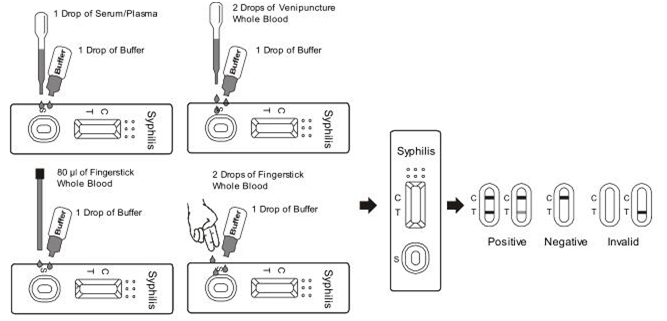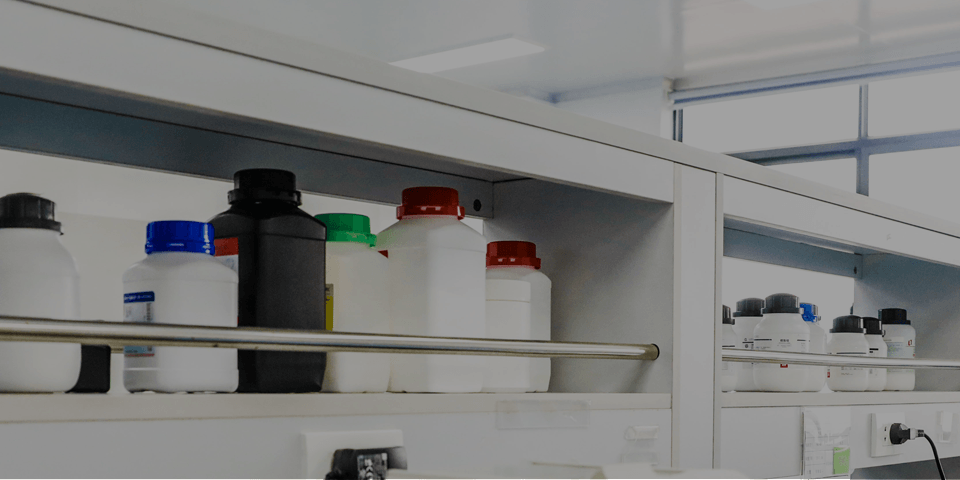
【SUMMARY】
Treponema Pallidum (TP) is the
causative agent of the venereal disease Syphilis. TP is a spirochete bacterium
with an outer envelope and a cytoplasmic membrane. Relatively little is known
about the organism in comparison with other bacterial pathogens. According to
the Center for Disease Control (CDC), the number of cases of Syphilis infection
has markedly increased since 1985. 2 Some key factors that have contributed to
this rise include the crack cocaine epidemic and the high incidence of
prostitution among drug users. One study reported a substantial epidemiological
correlation between the acquisition and transmission of the HIV virus and
Syphilis. Multiple clinical stages and long periods of latent, asymptomatic
infection are characteristic of Syphilis. Primary Syphilis is defined by the
presence of a chancre at the site of inoculation. The antibodies response to
the TP bacterium can be detected within 4 to 7 days after the chancre appears.
The infection remains detectable until the patient receives adequate
treatment.
The Syphilis Rapid Test Strip(Whole Blood/Serum/Plasma) utilizes a double
antigen combination of a Syphilis antigen coated particle and Syphilis antigen
immobilized on membrane to detect TP antibodies (IgG and IgM) qualitatively and
selectively in whole blood, serum or plasma.
【DIRECTIONS FOR USE】
Allow the test, specimen, buffer and/or controls to reach room temperature (15-
30°C) prior to testing.
1. Bring the pouch to room temperature before opening it. Remove the test Strip
from the sealed pouch and use it as soon as possible.
2. Place the test cards on a clean and level desk, then peel off the strip
label of the test
cards, stick the test Strip onto it as soon as possible before testing.
For Serum or Plasma specimen: Hold the dropper vertically and transfer 2 drop
of serum or plasma (approximately 80 μl) to the specimen area, then add 1 drop
of buffer (approximately 40 μl),and start the timer, see illustration below.
For Venipuncture Whole Blood specimen: Hold the dropper vertically and transfer
2 drops of whole blood (approximately 80 μl) to the specimen area, then add 1
drop of buffer (approximately 40 μl), and start the timer. See illustration
below.
For Fingerstick Whole Blood specimen:
· To use a capillary tube: Fill the capillary tube and transfer approximately
80 μl of fingerstick whole blood specimen to the specimen area of test Strip,
then add 1 drop of buffer (approximately 40 μl) and start the timer. See
illustration below.
·To use hanging drops: Allow 2 hanging drops of fingerstick whole blood
specimen (approximately 80 μl) to fall into the specimen area of test Strip,
then add 1 drop of buffer (approximately 40 μl) and start the timer. See
illustration below.
3. Wait for the colored line(s) to appear. Read results at 5 minutes. Do not interpret the result after 20 minutes.





